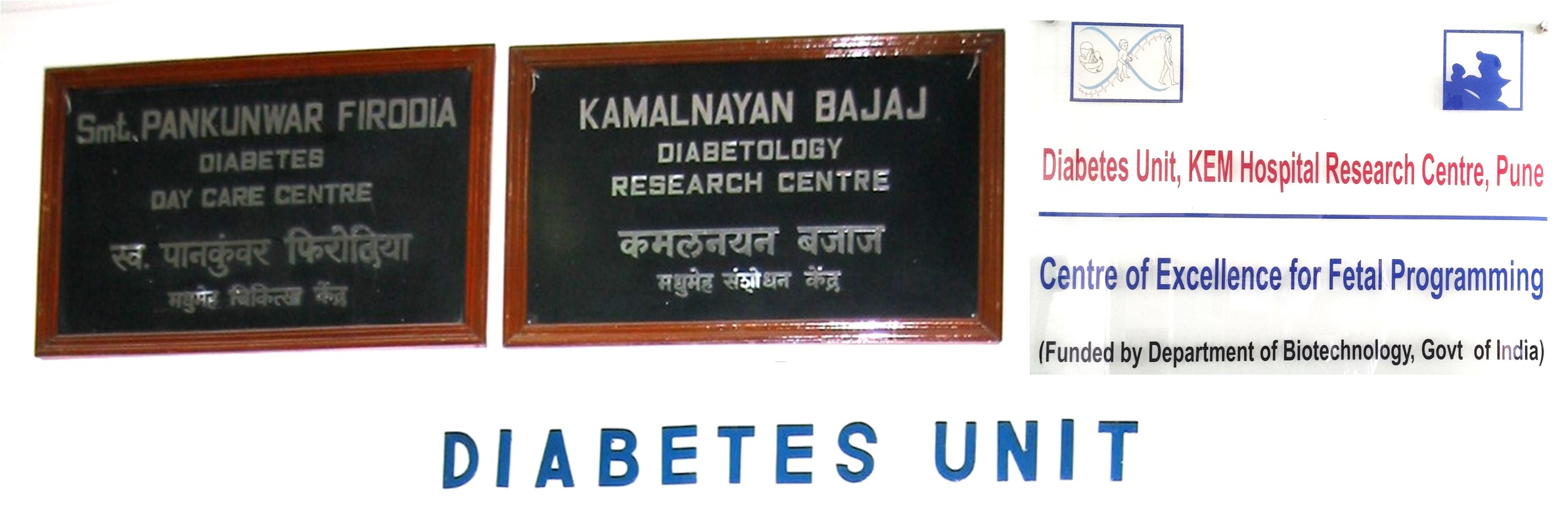Did you know that?
1) India has 74 million people with diabetes; the second highest number in the world after China.
2) More than half of those who have diabetes remain undiagnosed!
3) Indians develop diabetes at a younger age and at lower BMI levels.
4) 24 million Indians have prediabetes.
5) India is home to the second largest number of children and adolescents aged 0-19 years with type 1 diabetes in the world (128,500), after the USA.
6) ~15% women in India develop gestational diabetes.
7) 1 million deaths in India are attributable to diabetes per year.
Worldwide, substantial resources (money, time and manpower) have been invested in research, a cure for diabetes remains elusive.
Those who have been diagnosed with diabetes experience significant health concerns. Diabetes affects nearly every crucial organ in the body and if not properly managed, it results in the deterioration of quality of life for not just the affected individual, but also that of his (or her) family. The financial, psychological and emotional costs can be high.
Therefore, at the Diabetes Unit of KEM Hospitals, we believe that it is vital for clinical management of diabetes and its complications to go hand in hand with research for a better understanding of disease profile to go hand in hand. Research helps in getting a more precise understanding of the disease profile which helps in guiding clinical interventions for better efficiency and effectiveness in the management of the disease.
